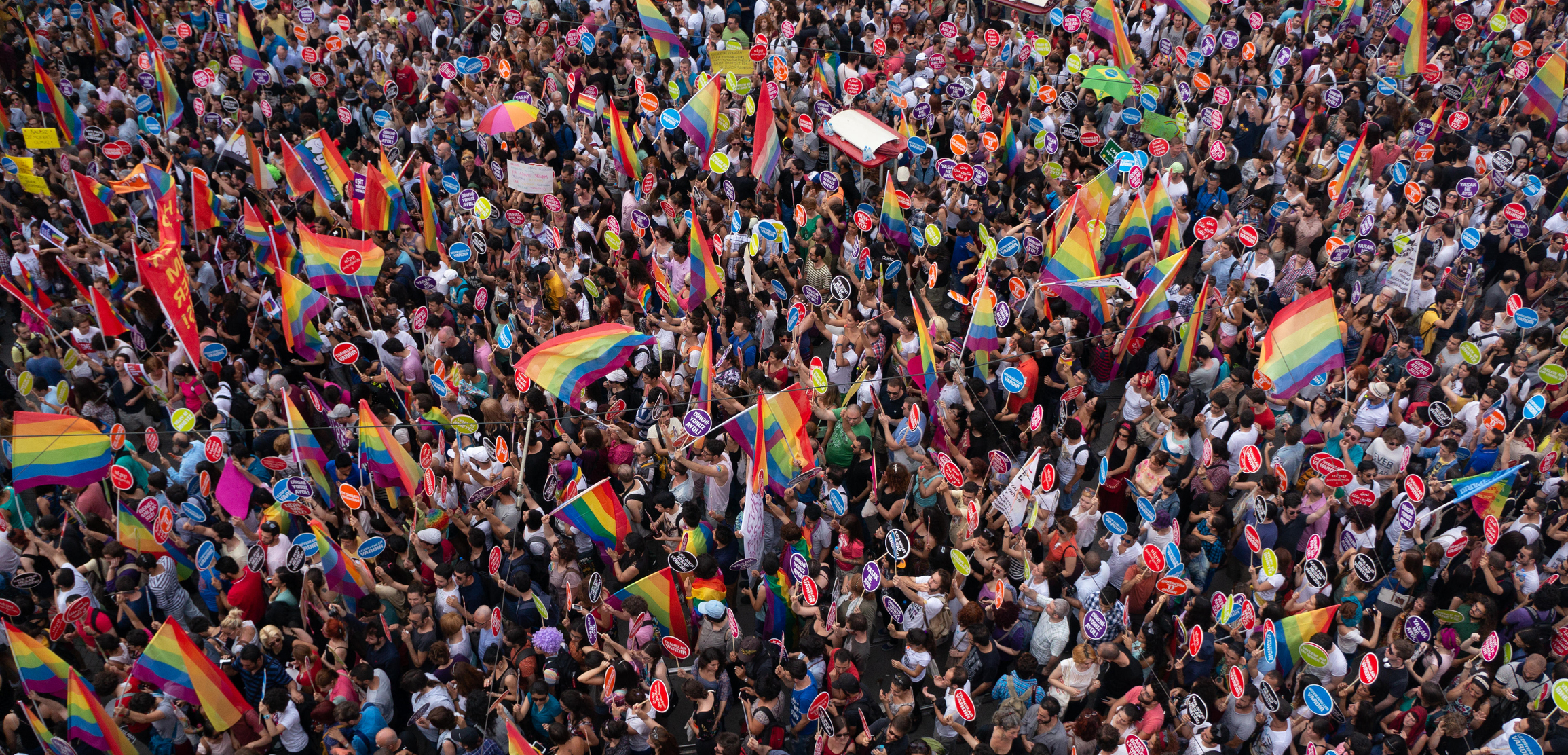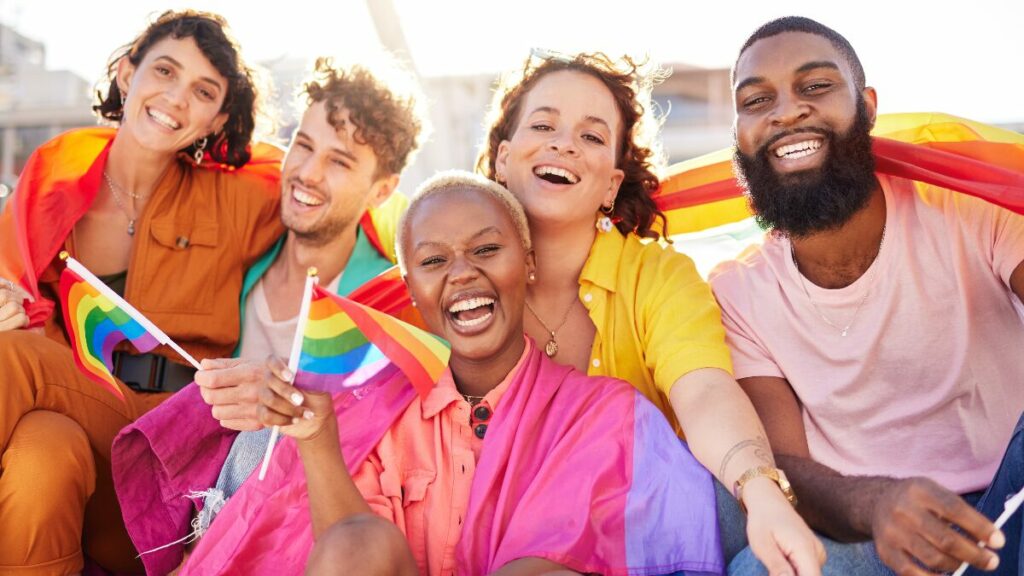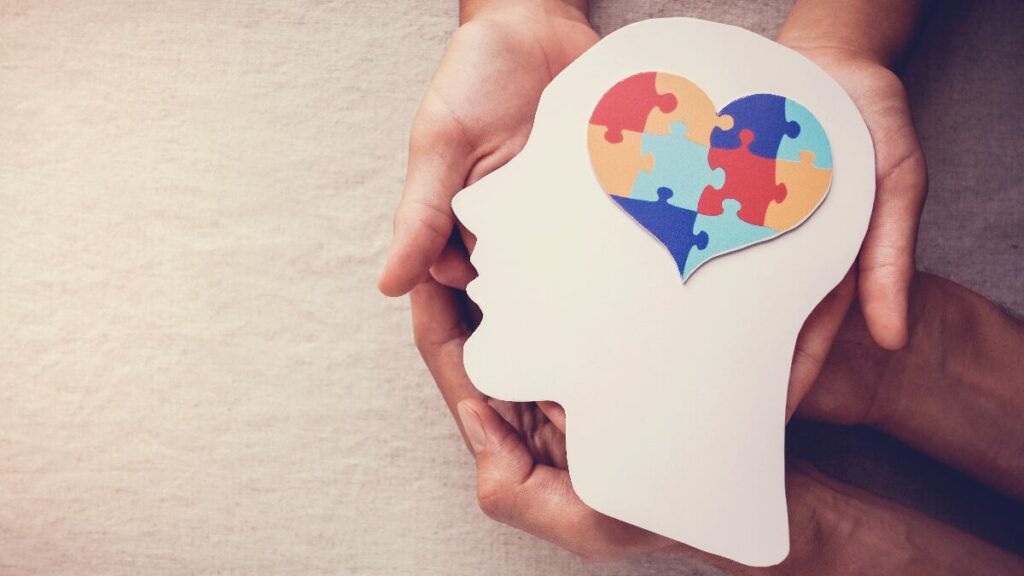Dotdigital blog
Why we need Pride more than ever
In light of recent events: Pride needs your support like never before. Stop what you’re doing and wave that rainbow flag like a queen.


Many view Pride as just another stint in the corporate activism calendar. If that’s what you think Pride is about then you’re wrong. Brands that celebrate Pride just as a competitive counter-move – “Well if they’re doing it, we should do it too” – need to wake up and smell the coffee. The momentum should come from brand virtues, not corporate greed. This isn’t a commercial price war or an aggressive marketing campaign.
This is people’s rights and freedoms.
Why Pride?
Pride is no longer a gay or lesbian movement – it’s come to represent every minority in a bid to rid society of its injustices. We want to live in an open and inclusive society where everyone can be who they want to be and love whoever they want. When people complain that there isn’t a straight Pride I just think: what injustices come with being straight? Do heterosexual couples fear harassment when showing public displays of affection? No. Does a heterosexual man suffer the abuse that a transgender might? Absolutely not. Hate crimes occur even in the most forward-thinking of communities – and far too often. Just a fortnight ago two women were assaulted on a London bus in a vicious hate crime because of their sexual orientation. My experience of hate: A couple of years ago I was moments away from being physically assaulted when I was walking home from a nightclub with a friend. A seemingly nice man quickly turned on me when he realized I was gay, first saying that I hadn’t found the right woman, and then shouting, “you guys disgust me”. He started to blaspheme and get aggressive. Luckily, we were only a few minutes from my flat in Old Street, so I ran. I was in so much shock that I went home for the weekend as I didn’t feel safe in London.Remember Stonewall?
Pride celebrations were originally a political force to be reckoned with: think about the Stonewall riots in New York City in the summer of 1969. The underlying aim of this movement has always been to create a world where LGBTQ people don’t need to fight for equality. Sure, we’ve come a long way in countries like Belgium, Canada, Spain, Australia – even in the United States where in 2015 the Supreme Court ruled that same-sex couples can marry nationwide. Yet one of the criticisms of Pride is that it’s become more about the party (thanks partly to the progress that’s been made) than the politics itself. And it’s much easier to monetize a party. I bet the majority of young partygoers at Pride events don’t know who Ruth Simpson and Harvey Milk were. We need to strike the right balance. Pride is about celebrating and having a good time; but we’ve also got to sober up and remember what the point of it is. Countless people before us, like those brave protesters in Greenwich Village in 1969, stood up to oppression and fought for our rights. If you haven’t seen Pride – a critically-acclaimed film which tells the story of an unlikely union between gay and lesbian activists and the Welsh miners in the 1980s – watch it. It epitomizes the spirit of Pride and highlights the enduring hardship of gay activism.Educate and mobilize
Brands have the power to support people globally. They have a responsibility to promote an inclusive and supportive working environment; that means educating their employees, customers, and stakeholders on LGBTQ issues. Such a support network empowers society to be more open-minded and liberal. Businesses will use their commercial arsenal – content, events, and merchandise – to spread the word. Yes, Pride shouldn’t be treated as a commoditization – but in our capitalist world it’s hard not to see it that way. The arguments that Pride has become a money-making ploy shouldn’t discourage brands to get involved, because most aren’t in it for commercial gain. Rather, it’s about entering and investing in the political debate. Pride events have by no means been stripped of politics. The threats of violence and oppression towards the LGBTQ community worldwide underline the ongoing necessity of Pride month as a political movement. For example, many countries suppress LGBTQ rights and threaten people’s basic civil liberties. Closer to home, The Guardian reports that in the UK offenses have doubled since 2014 against gay and lesbian people and trebled against trans people. The sad fact is that there are still bigoted people out there whose intolerance undermines what our society stands for: respect. Pride continues to act as a force for a better future, even in 2019. And we all have a responsibility to uphold its community-building values: diversity, individuality, and sexuality.In 2019…
- Two people of the same sex still can’t get married in Northern Ireland, which is part of the UK. Despite overwhelming public support, politicians there can’t check their personal feelings at the door and do their job.
- Homophobic attacks continue to skyrocket in Russia. Pavel Stotsko and Yevgeny Voitsekhovsky, who had wed in Denmark, returned to Russia only to flee again amid police harassment and death threats. They’ve since sought asylum in The Netherlands and are under the protection of the Dutch authorities.
- St Kitts and Nevis, like many other islands in the Eastern Caribbean, outlaw same-sex relationships through ‘unnatural offenses’ laws. This country is in the Commonwealth and Queen Elizabeth II is its Head of State.
- Homophobia is still deep-rooted in many sports, like football. There are still no openly gay footballers playing in the Premier League.
- In the midst of a global outcry, Brunei has backtracked saying it won’t enforce the death penalty (by stoning) for gay sex.

